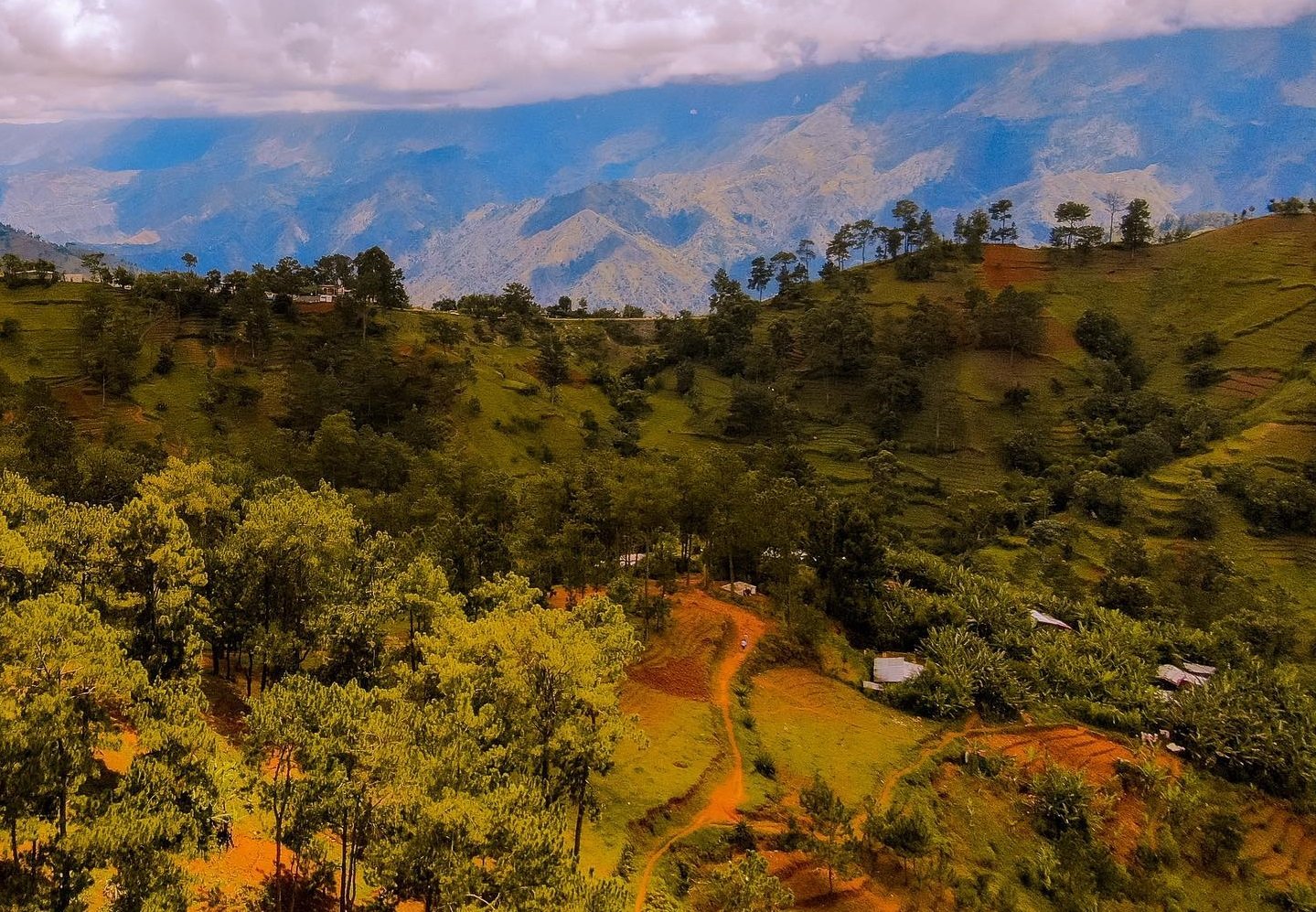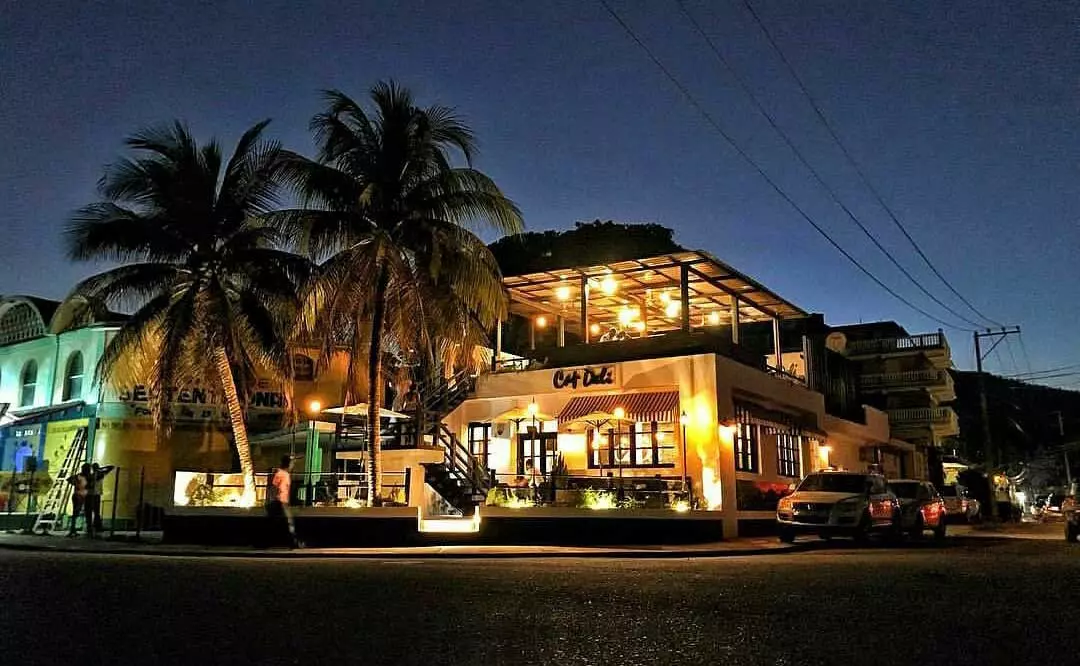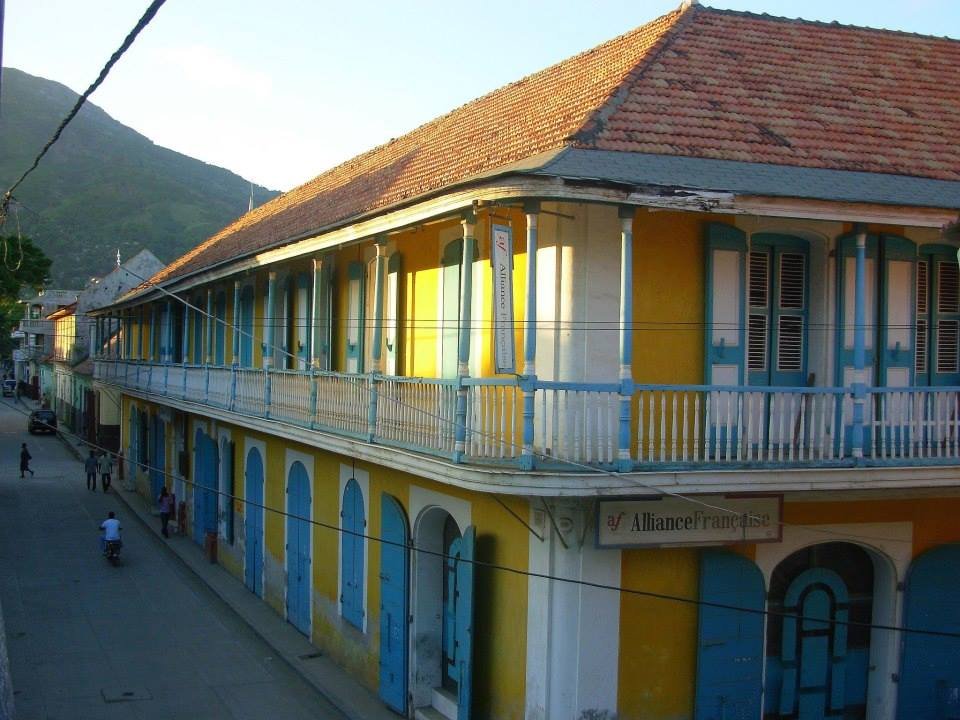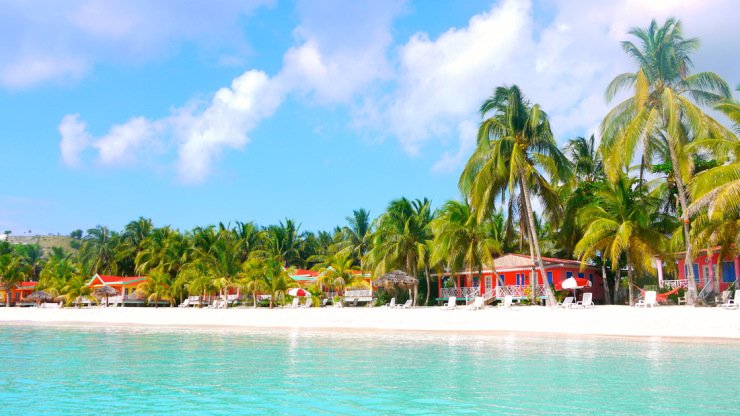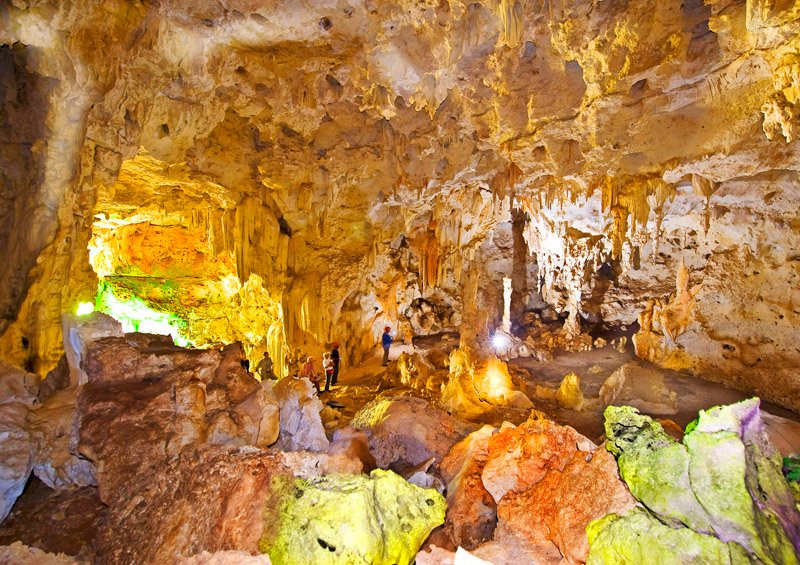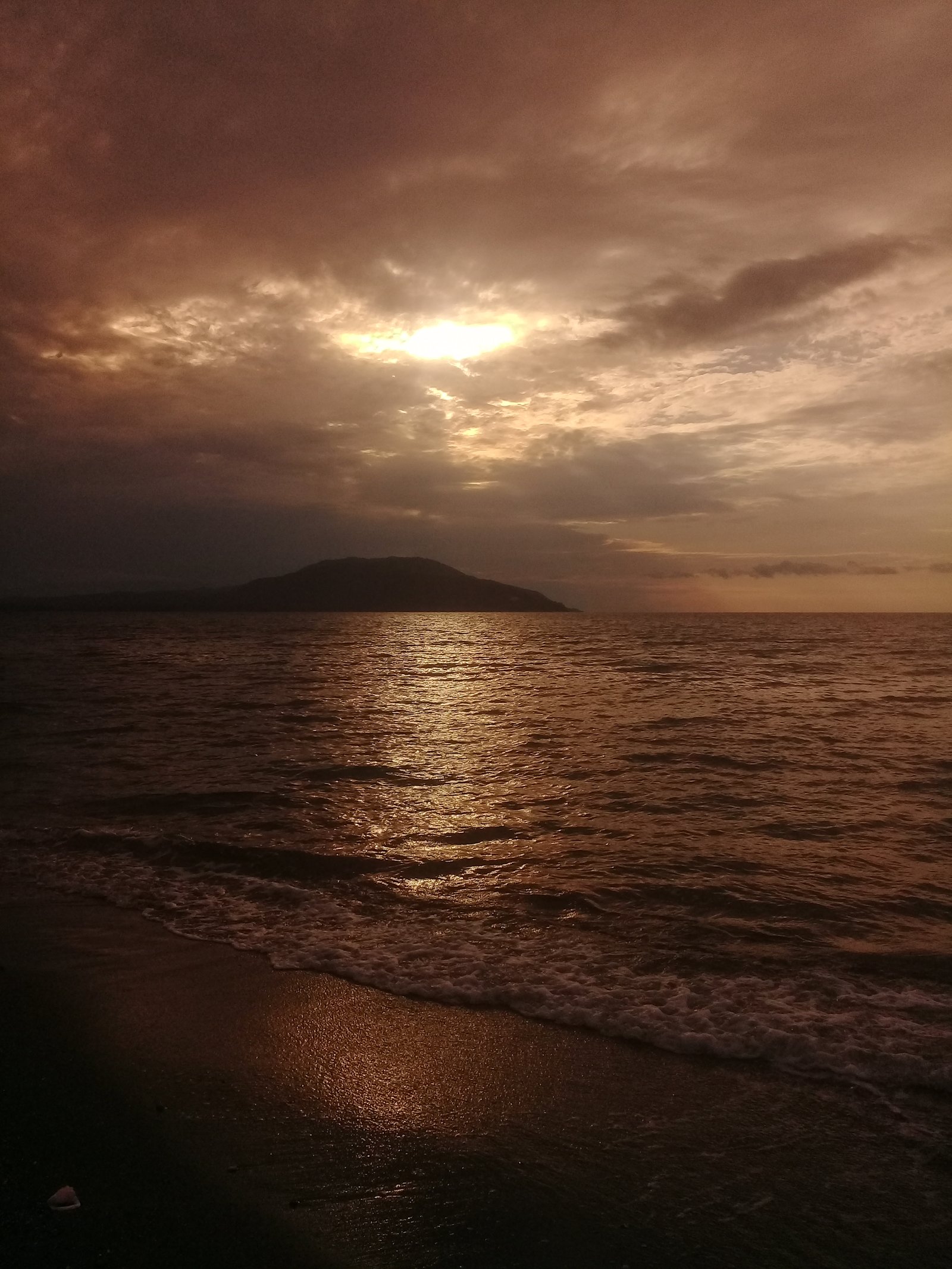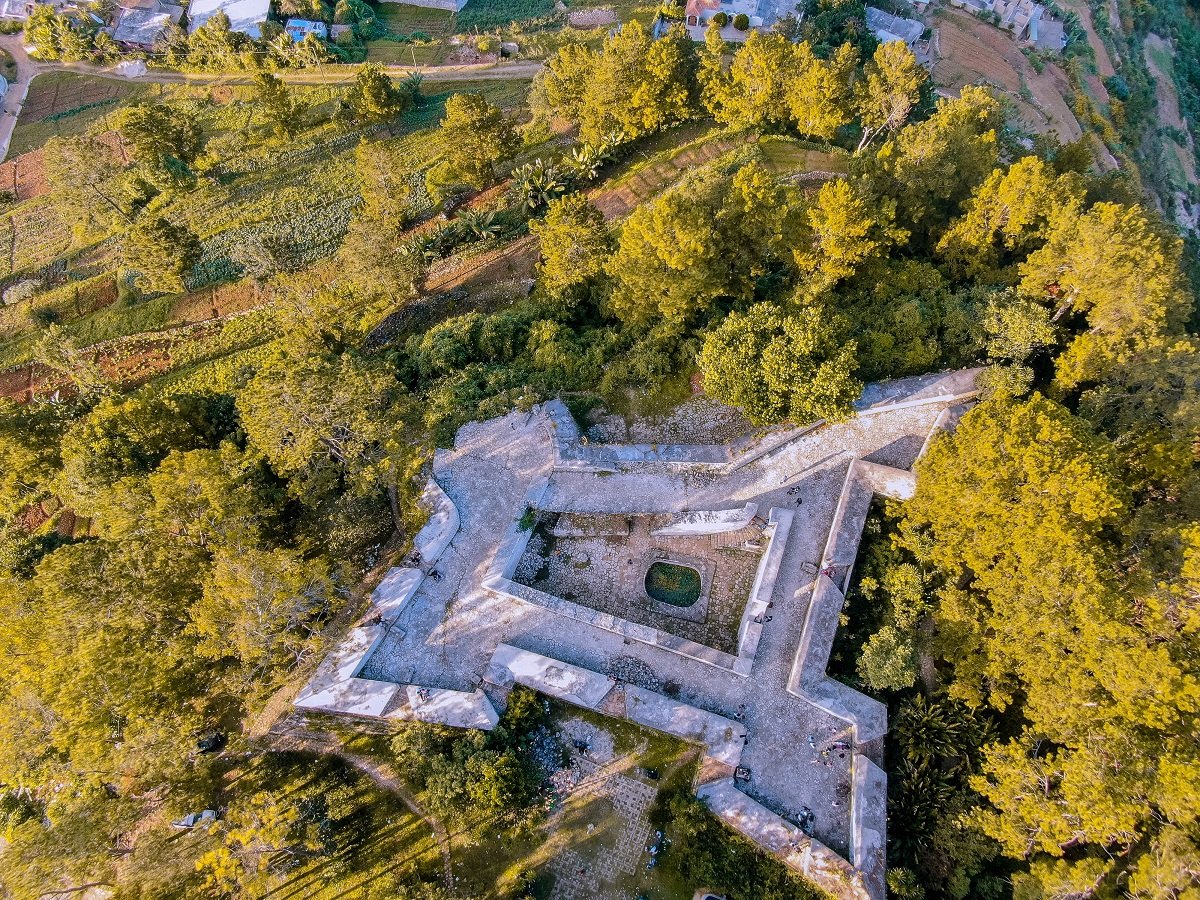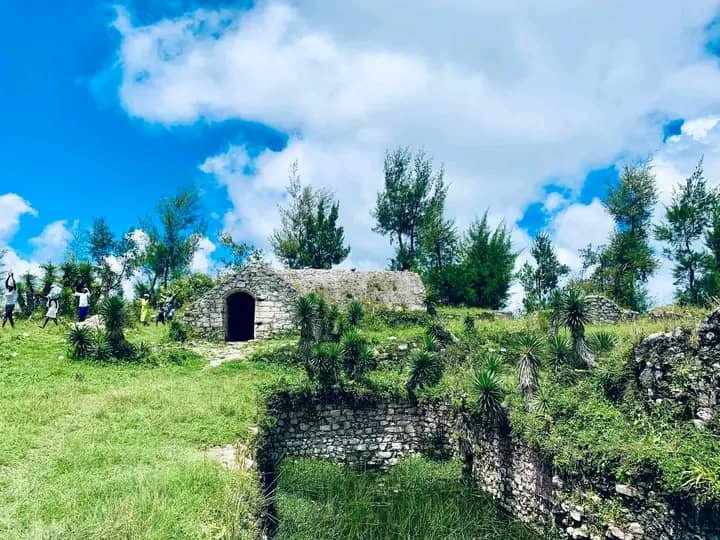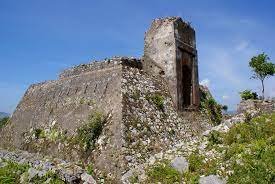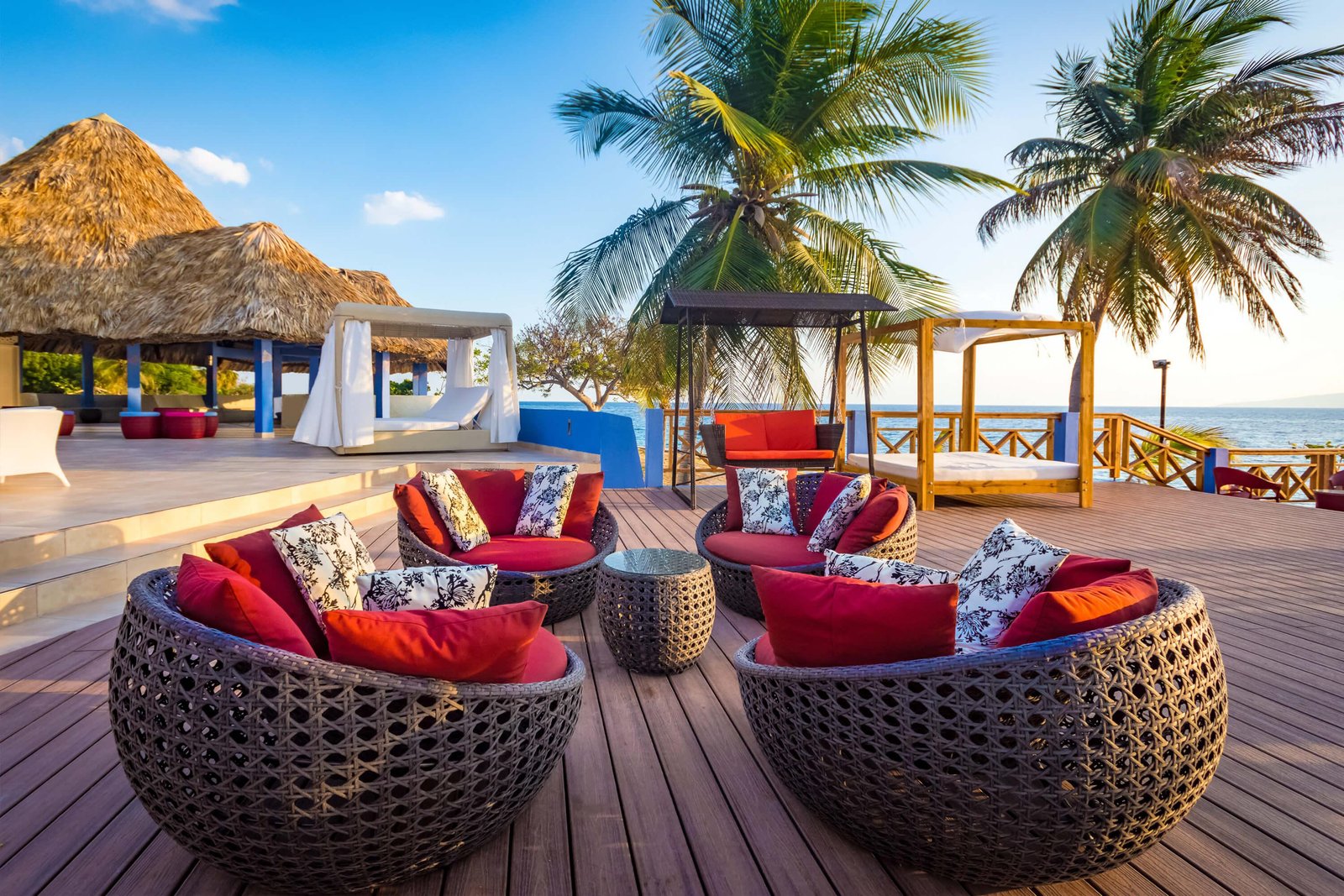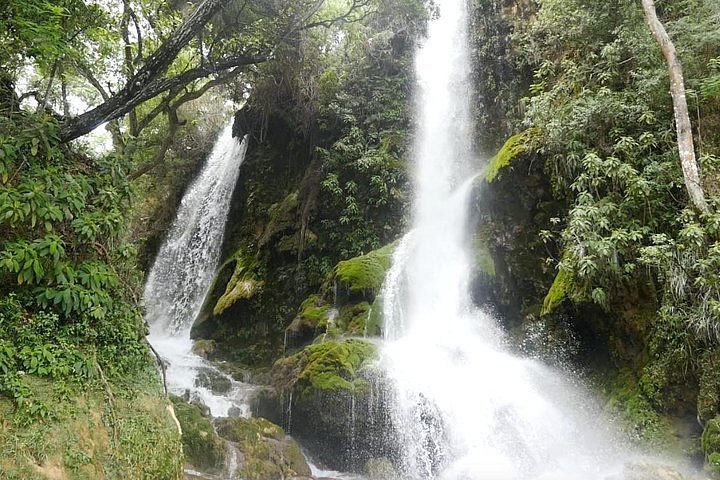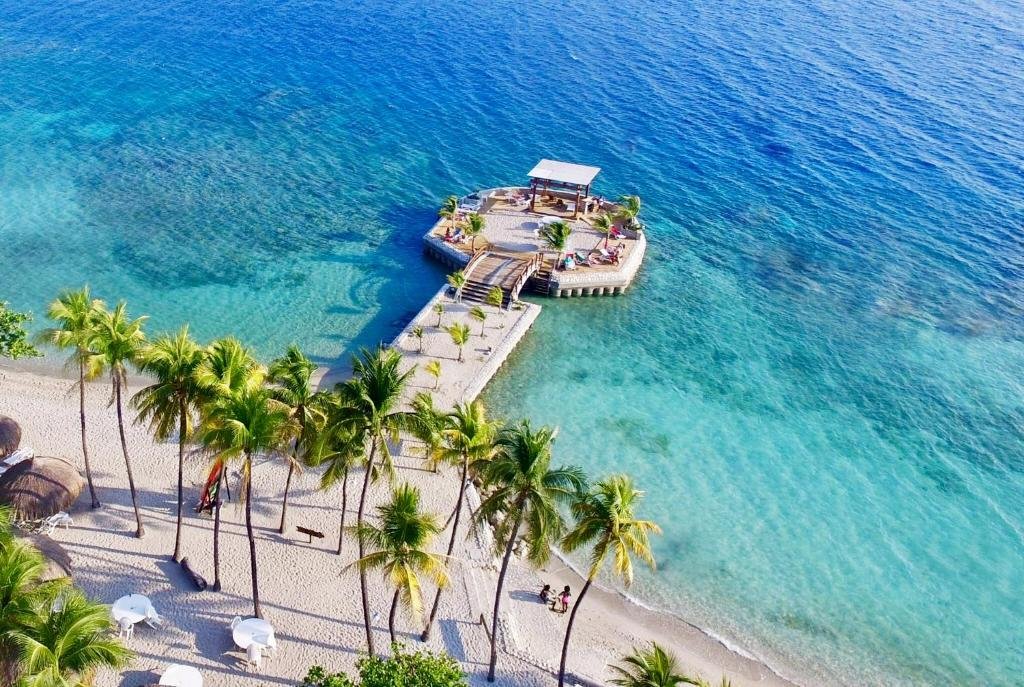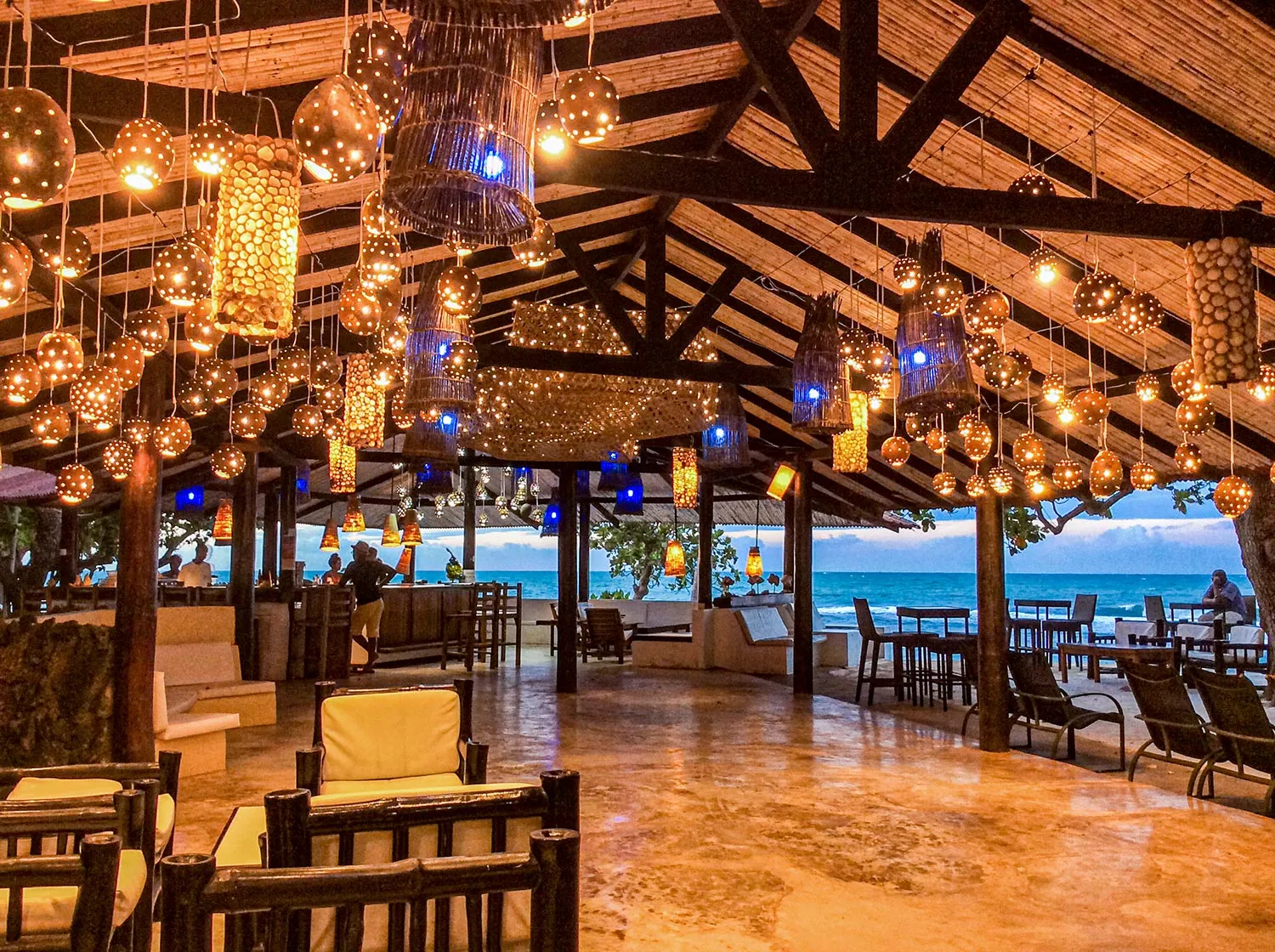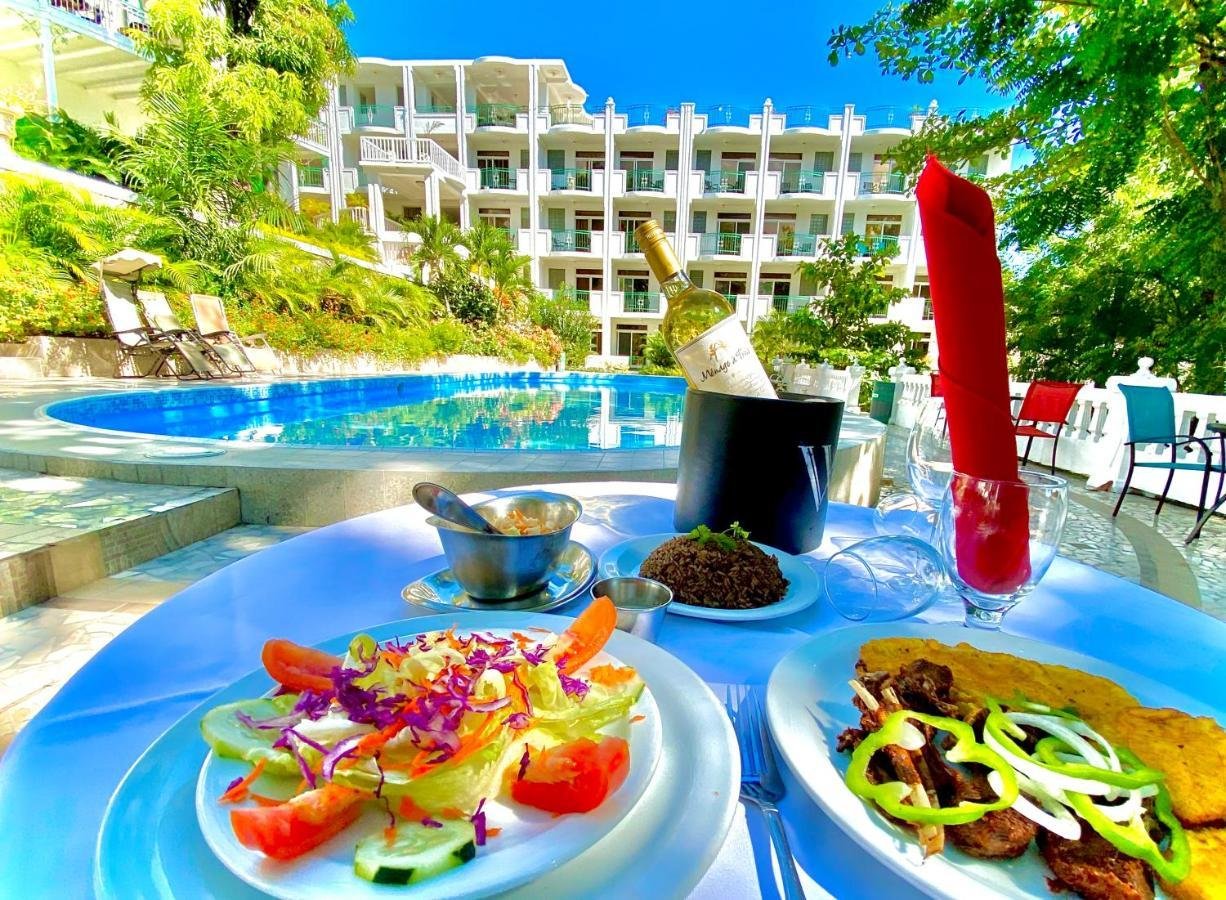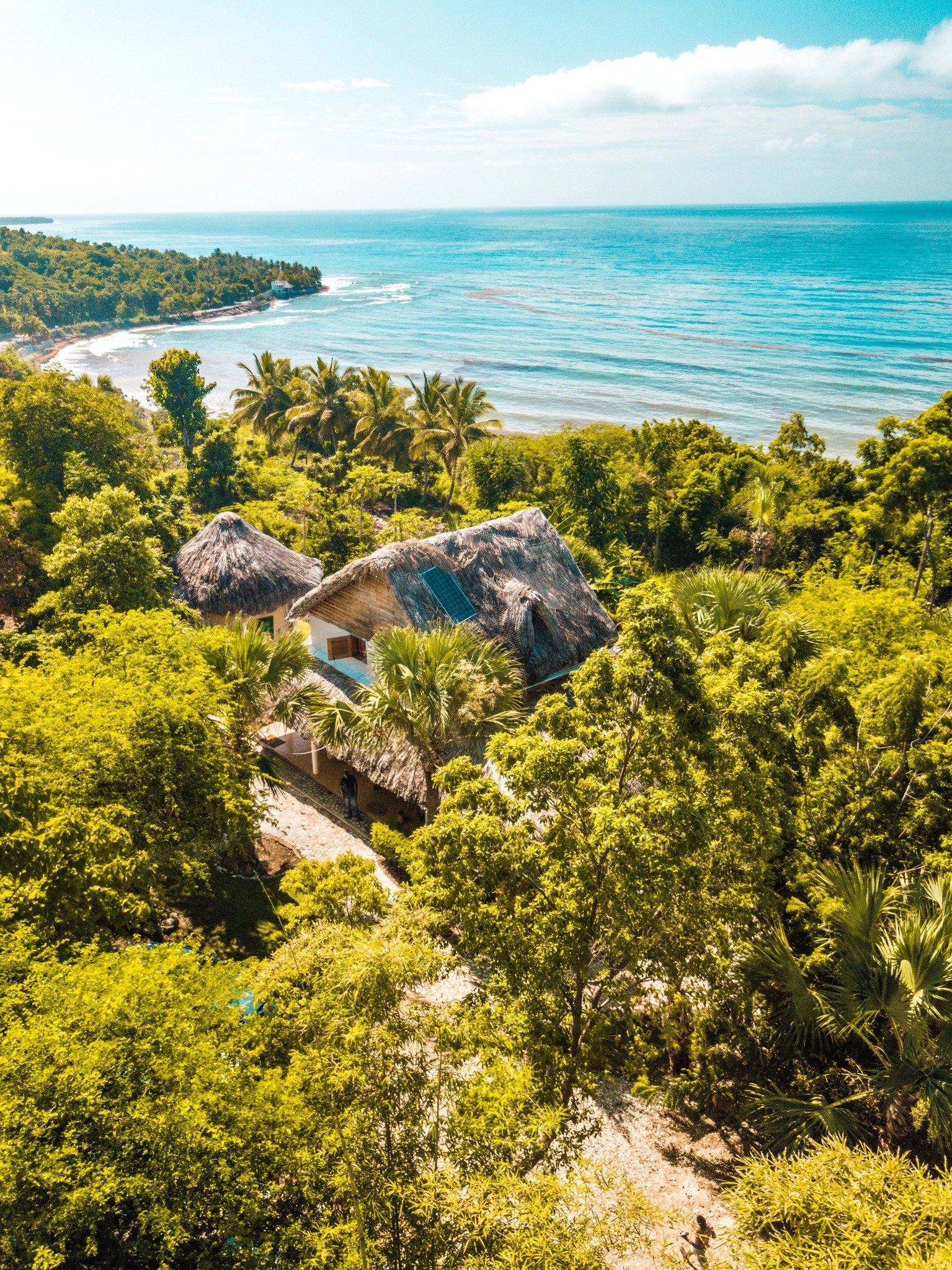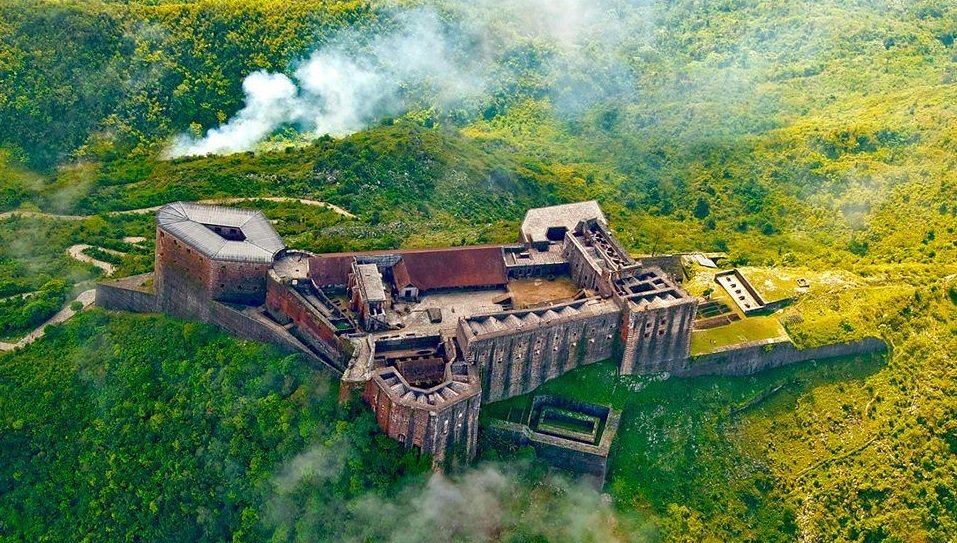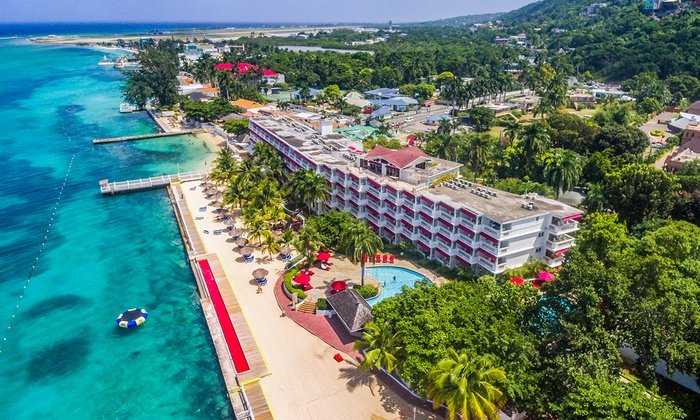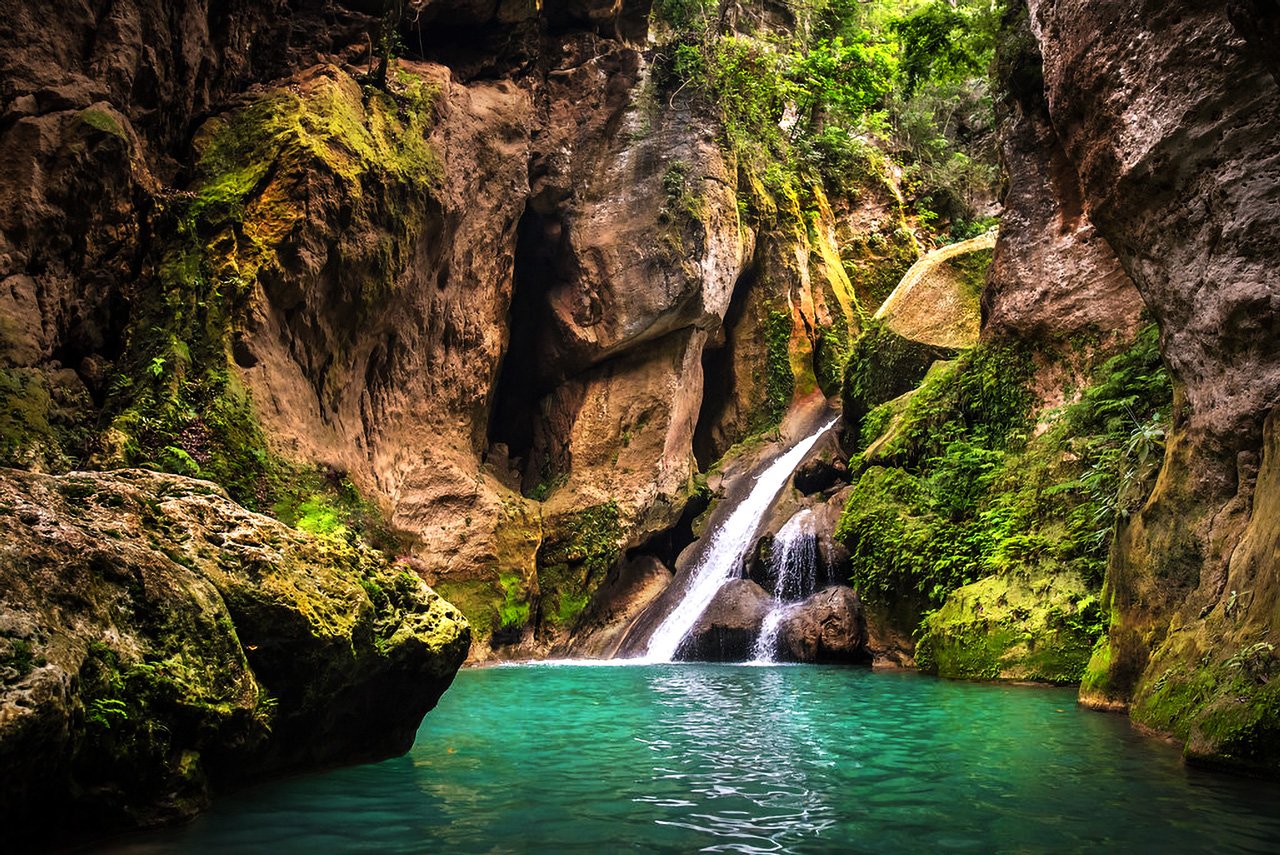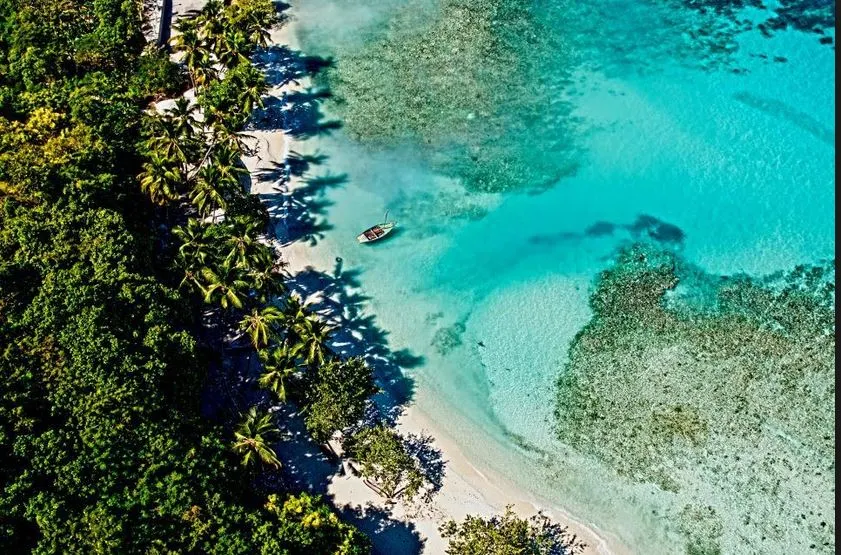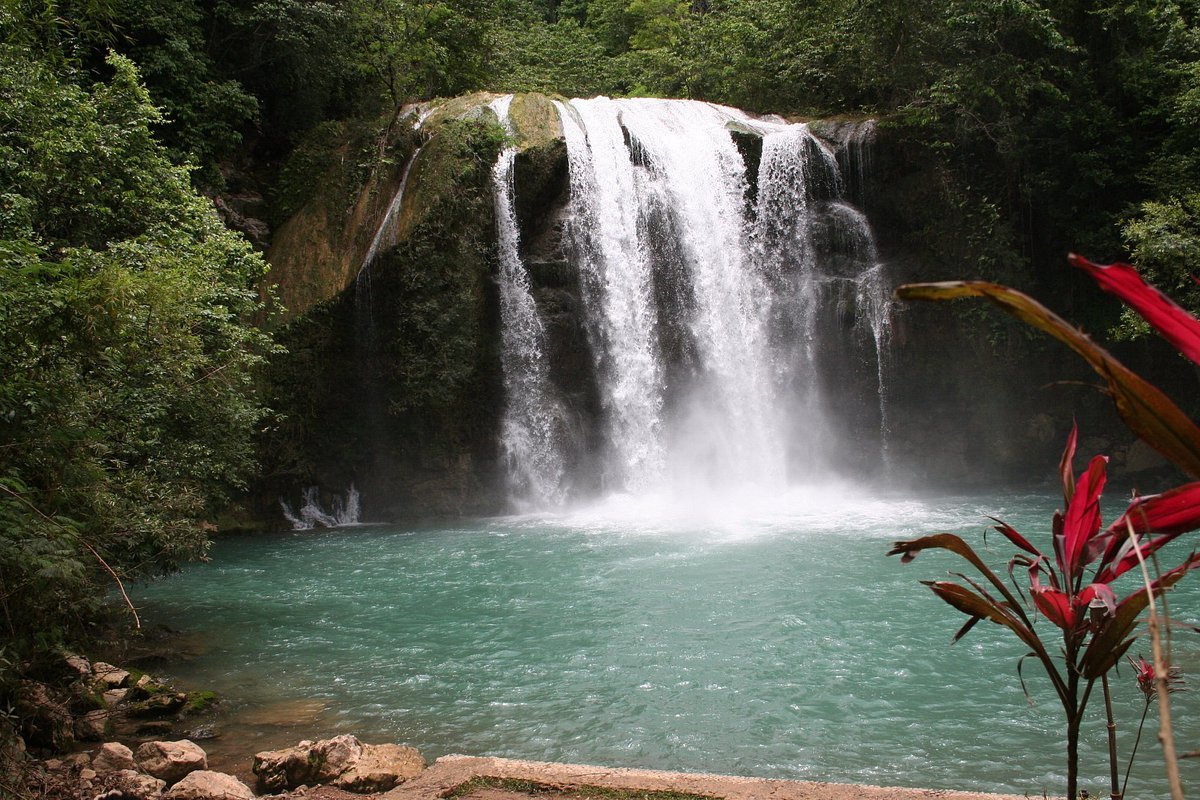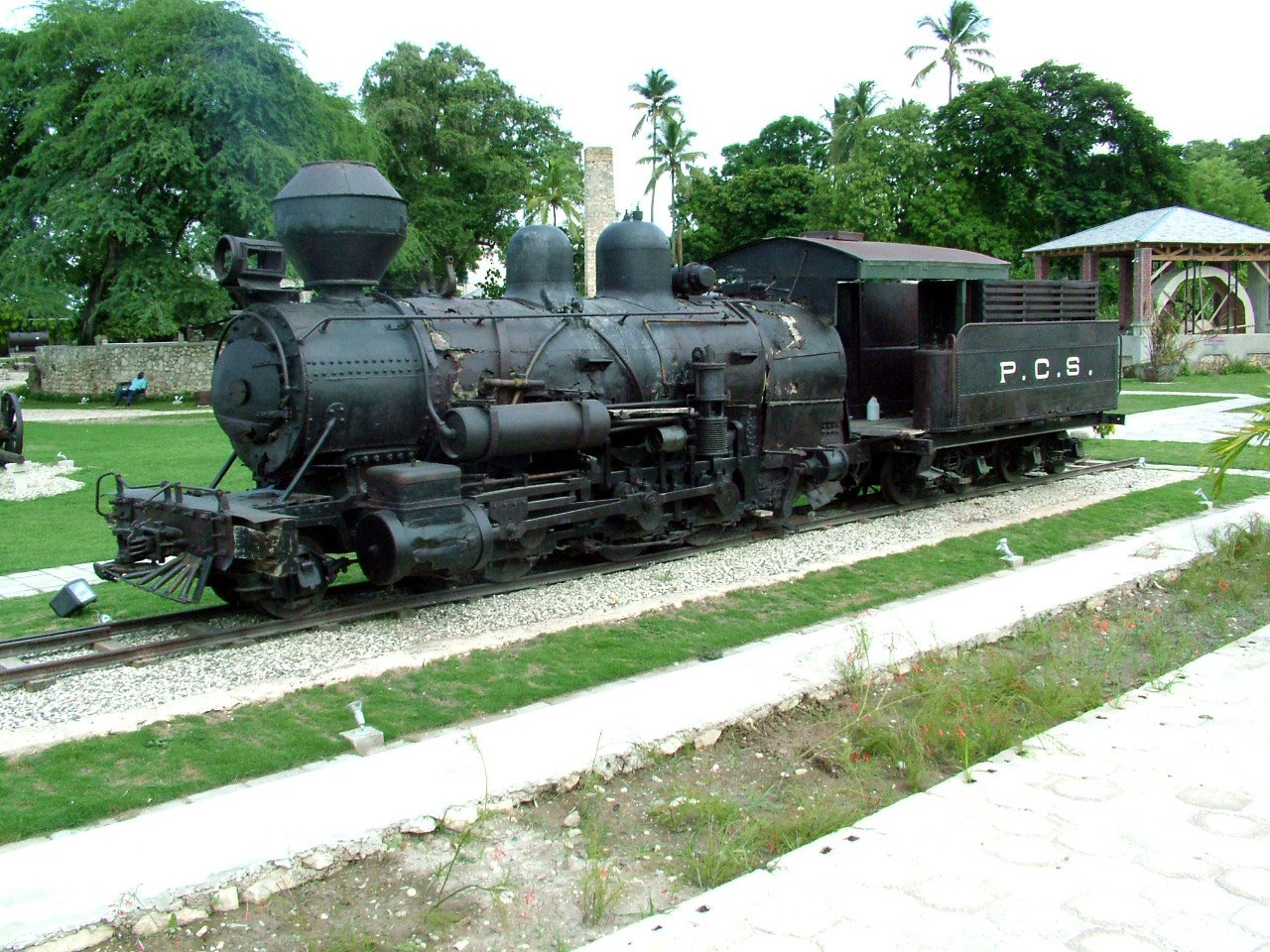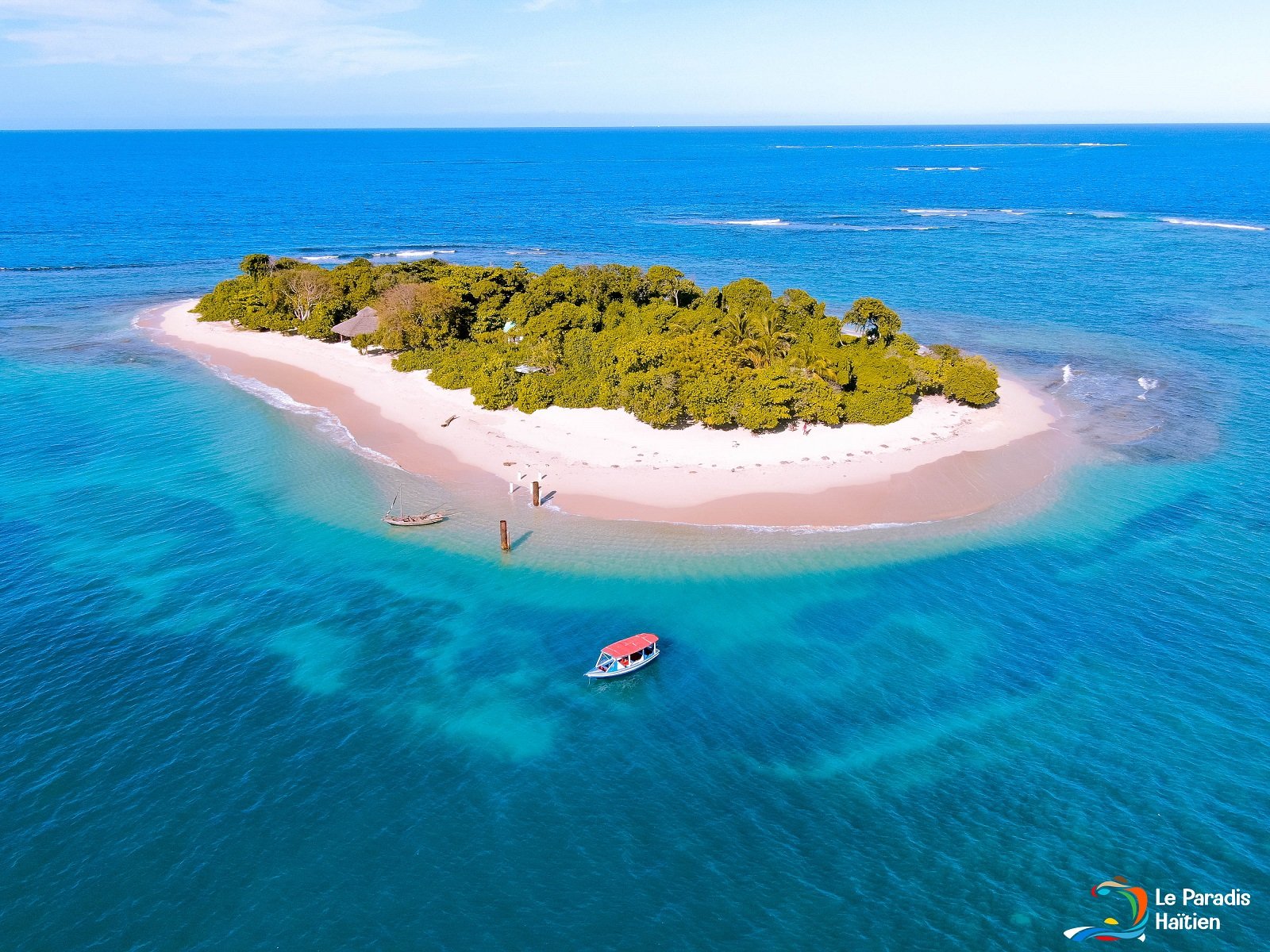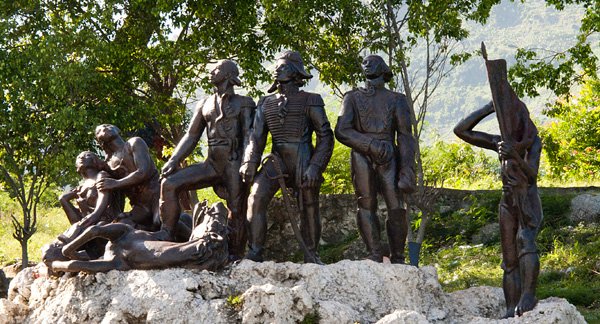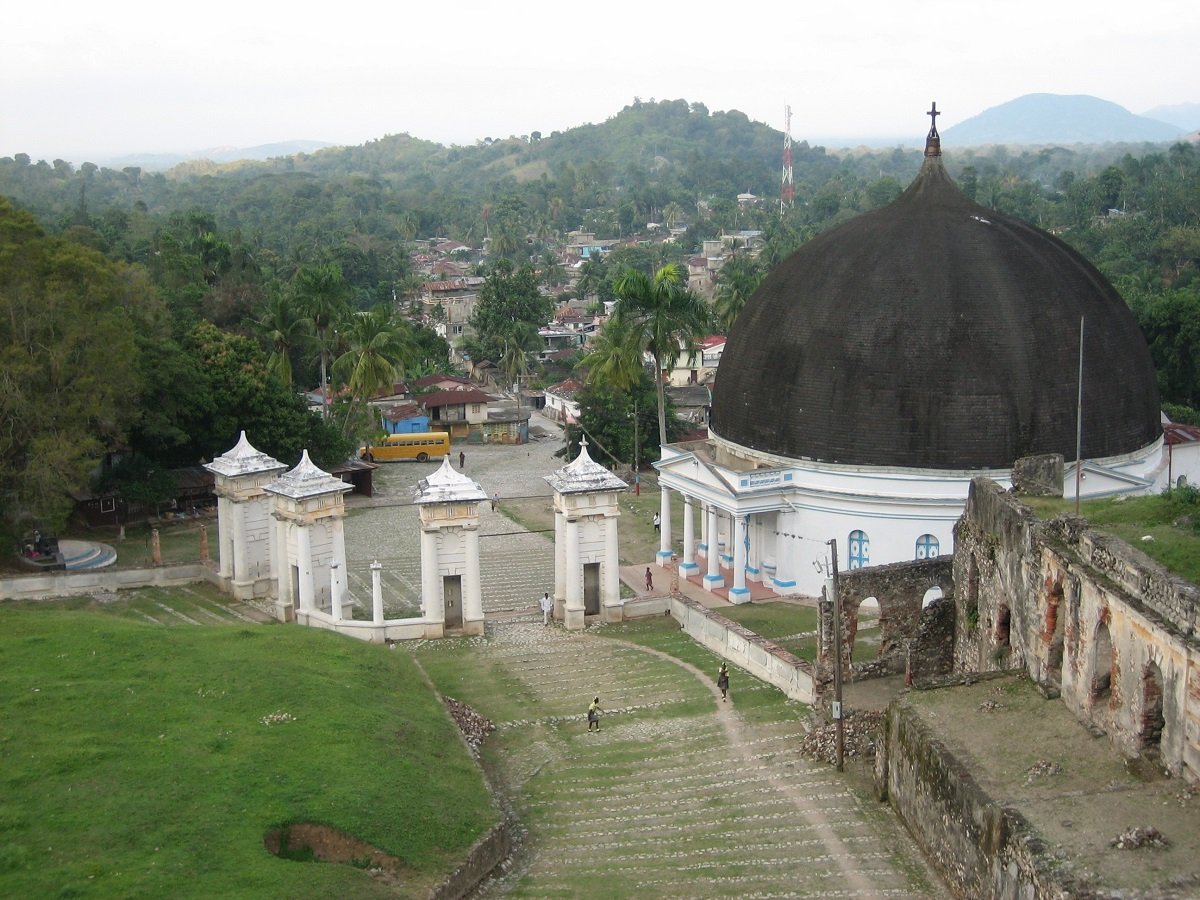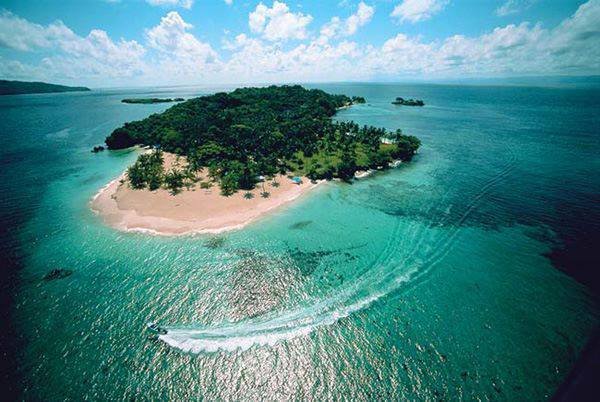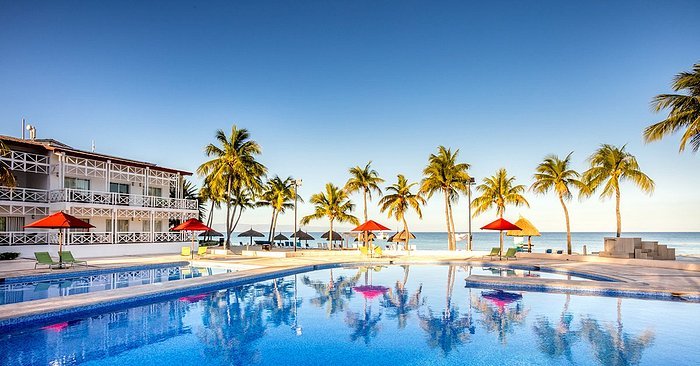Haïti : Campus Henry-Christophe de Limonade (CHCL)
Henry-Christophe Campus in Limonade: academic excellence, Henri Christophe’s legacy, and shaping Haiti’s future leaders.
The Campus Henry-Christophe de Limonade (CHCL), located in northern Haiti, is a higher education institution that honors Henri Christophe, a key figure in the country’s independence. It is closely linked to the Université Roi Henri Christophe (URHC), a renowned public university.
CHCL offers a wide range of academic programs covering various fields of study, including social sciences, natural sciences, health sciences, humanities, computer sciences, and many others. Like many other higher education establishments, its mission is to provide quality education to its students and to contribute to the development of Haitian society. CHCL is committed to training the next generation of professionals and leaders while fostering the growth and evolution of the nation.
The legacy of Henri Christophe, as a historical figure of capital importance in the history of Haiti, gives the Henry-Christophe de Limonade Campus a special meaning, recalling the importance of education and knowledge for the progress of the nation. CHCL remains a pillar of higher education in the region, providing essential learning and research opportunities for Haitian students.










